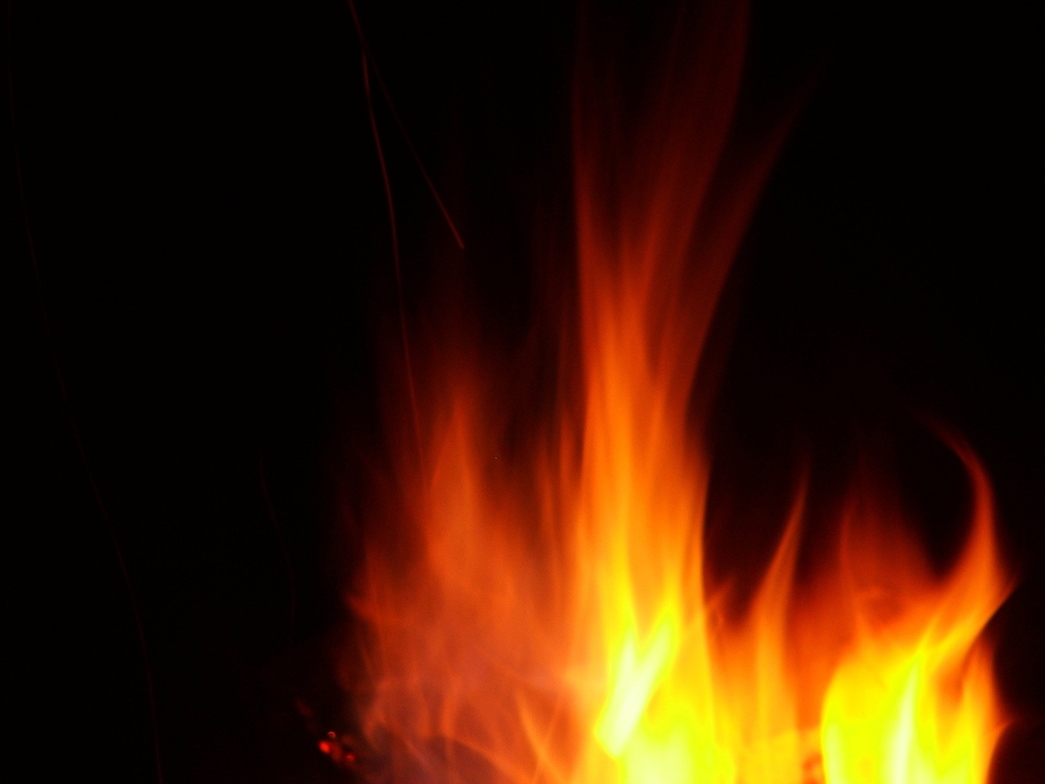A significant fire outbreak at the six-storey Afriland Tower on Broad Street, Lagos Island, has brought renewed attention to emergency response efforts in Nigeria’s bustling commercial hub. The Lagos State Fire and Rescue Service revealed that out of nine people pulled from the blaze, five have responded to emergency resuscitation and regained consciousness.
While several other building occupants managed to escape without injury, firefighters and medical personnel are still working tirelessly to revive the remaining four rescued individuals. Authorities are urging the public to remain calm while operations continue at the scene.
Lagos Emergency Services in Action
According to Ogabi Olajide, Deputy Controller General of the Lagos State Fire and Rescue Service, teams received an emergency call regarding the inferno at precisely 13:38 hours. Rapid deployment followed, with fire crews from both the Ebute Elefun and Sari Iganmu Fire Stations rushing to the high-rise in the heart of Lagos Island’s commercial district.
Immediate Response and Containment
By the time first responders arrived, panic had already broken out among workers and passersby at the tower, which houses offices and businesses. Firefighting operations were carried out swiftly, and, according to officials, the blaze was contained and extinguished before it could spread to surrounding buildings—a potentially catastrophic escalation given the dense urban setting of Broad Street.
The Ongoing Battle for Victims’ Survival
Medical teams on site report that five out of the nine individuals who were rescued from smoke-filled and dangerous conditions have been successfully resuscitated, thanks to prompt and coordinated efforts by both fire and health services. “All necessary efforts are ongoing to ensure the other four are revived and receive urgent medical attention,” Lagos emergency officials said in a statement.
Community and Official Response
The incident has sparked both concern and a renewed call for safety improvements in high-rise buildings across Lagos and other major cities in Nigeria. Shop owners and office workers on Broad Street expressed gratitude for the quick action of rescue teams, but also questioned the adequacy of fire alarm systems and emergency exits in many commercial properties.
“We thank the firefighters for arriving so fast, but it shows we need to have better emergency procedures and equipment in our buildings,” said Mr. Kayode Akintola, a shop owner who witnessed the rescue efforts.
Lessons from Past Incidents
This latest incident on Lagos Island is not the first of its kind. Data from the National Emergency Management Agency (NEMA) indicates that Lagos sees multiple high-rise fire incidents each year, often attributed to electrical faults, lack of fire safety awareness, and outdated infrastructure.
- In 2022, a major fire at a Balogun Market building led to a multi-agency review of urban fire protocols.
- A similar rescue occurred at Marina in early 2023, reaffirming the risks posed by older buildings and congested commercial zones.
The Broader West African Context
While urban fire incidents are a challenge across West Africa, Nigerian emergency services are increasingly investing in training and equipment, drawing lessons from past tragedies both locally and in countries like Ghana, where similar incidents have been recorded in Accra’s commercial districts.
Regional experts point out that building codes and enforcement remain a work in progress: “We need consistent updates to fire regulations and routine checks in all high-rise buildings, not just offices but residential blocks as well,” notes Tunde Lawson, a Lagos-based safety consultant.
Calls for Reform and Safety Awareness
Following the Afriland Tower fire, advocacy groups and residents are urging not just reactive measures, but proactive statutory reforms. Suggestions include:
- Mandatory installation of modern smoke detectors and fire alarms in all high-rise buildings.
- Regular fire drills and up-to-date evacuation plans for staff and occupants.
- Stricter penalties for landlords and facility managers who ignore safety codes.
- Expansion of rapid response training and equipment for emergency personnel.
Global Comparisons and Lessons for Africa
Globally, well-resourced cities employ advanced firefighting equipment and routine fire safety inspections, which experts say Nigeria and its neighbors can emulate. International organizations, such as the International Fire Chief’s Association (IFCA), have partnered with African cities for training exchanges, though more local investment is still needed for broader impact.
Looking Ahead: Sustaining Improvements
With the immediate crisis at Afriland Tower now under control, attention turns to ensuring that lessons from each incident translate to tangible improvements. Residents, workers, and business owners on Broad Street and beyond are hopeful, but they stress that consistent policy enforcement—as well as ongoing public education on fire safety—are vital for lasting change.
Have you or someone you know been affected by a major fire incident in Nigeria or West Africa? What safety improvements do you think are most urgent for our communities?
Share your thoughts in the comments, and help drive the conversation on urban safety for all.
Have a news tip, eyewitness report, or safety story you want to share—or even sell? We want to hear your story and help make a difference. Email us at story@nowahalazone.com to get your voice heard or discuss story sales.
For general support or questions, reach us at support@nowahalazone.com.
Stay engaged with us on Facebook, X (Twitter), and Instagram for the latest updates, safety news, and community reports!
Your voice matters—don’t hesitate to reach out or drop a comment below.










